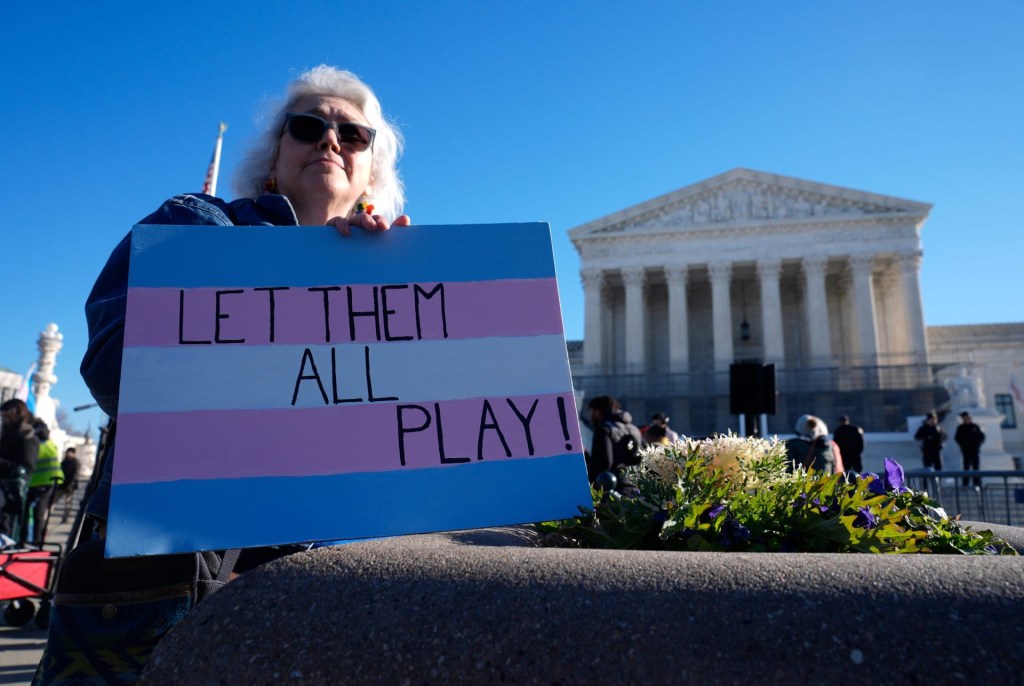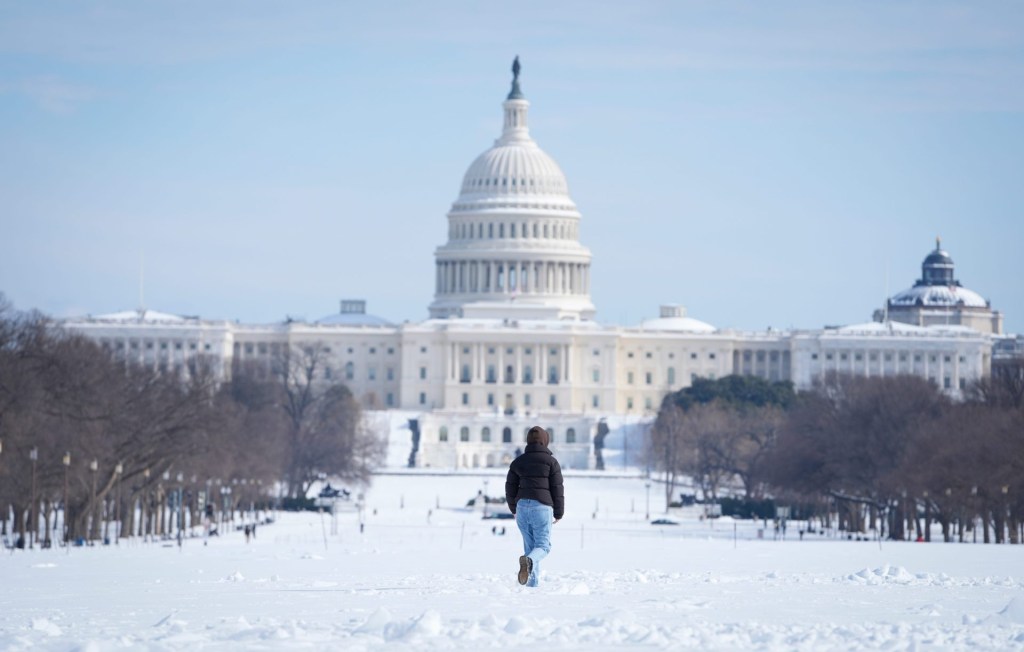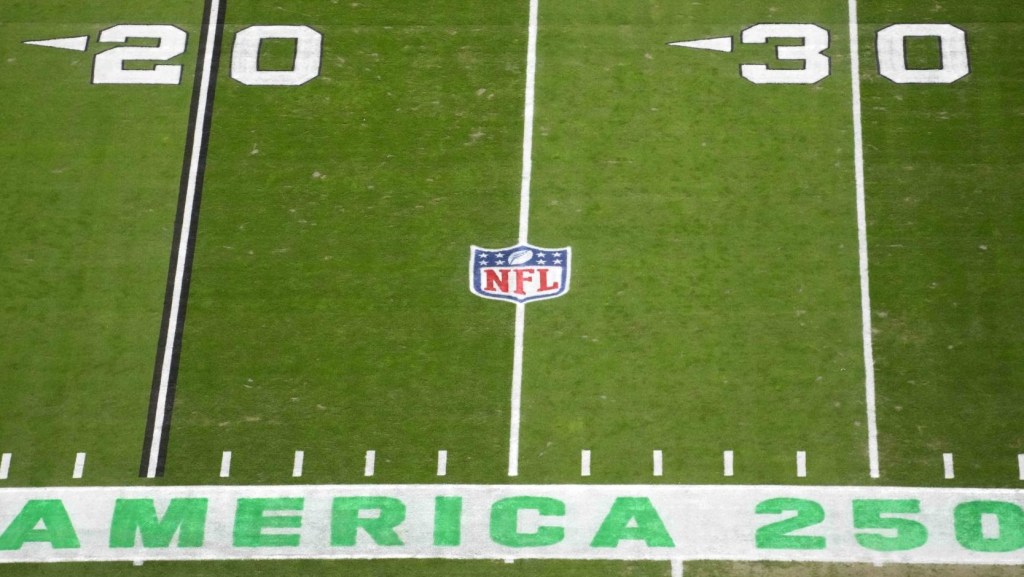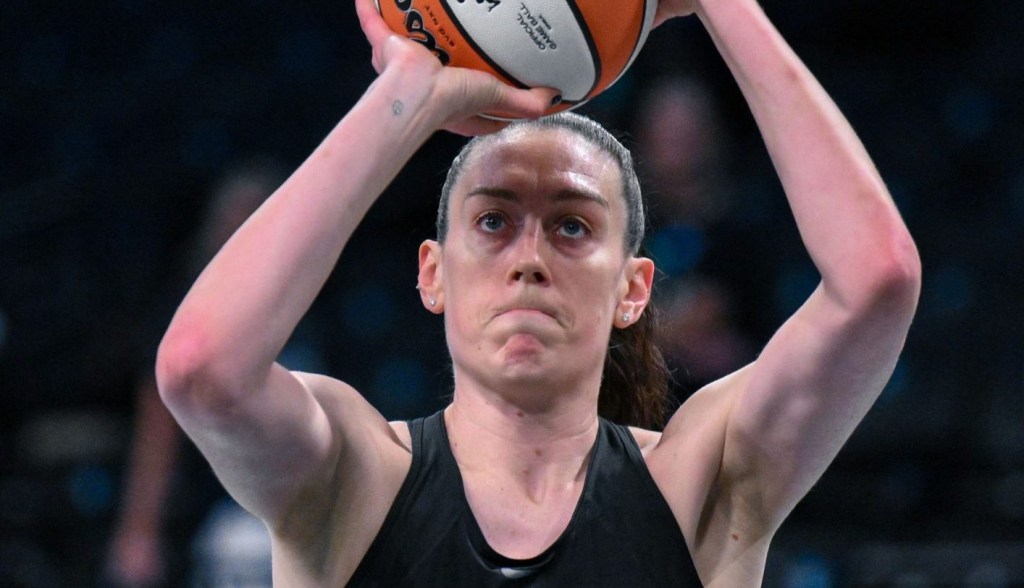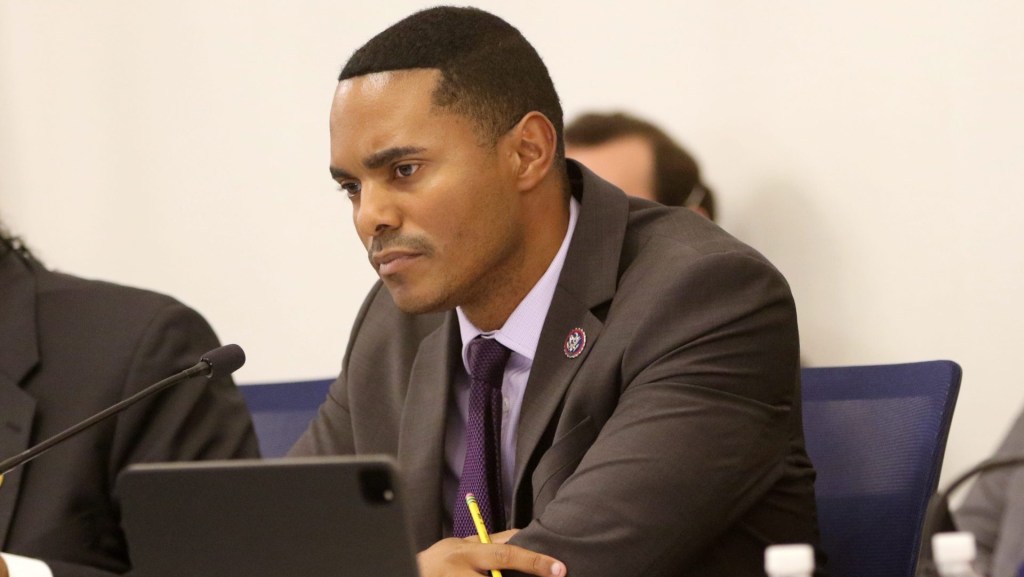The provision in the Senate’s “One Big Beautiful Bill Act” that professional gamblers and accountants warn will amount to massive tax hikes was authored by Republican Idaho senator Mike Crapo.
Previously, gamblers could deduct 100% of losses against their gains when paying income taxes. The Senate bill that passed earlier this week said deductions “shall be equal to 90% of the amount of such losses during such taxable year, and (B) shall be allowed only to the extent of the gains from such transactions during such taxable year.”
In other words, winning gamblers would pay substantially higher taxes—and even owe money to the IRS in years where they broke even or were slight losers. The provision would raise $1.1 billion over eight years, the Joint Committee on Taxation estimated.
In mid-June, the accounting giant PWC credited Sen. Crapo as the author of the Senate reconciliation package, linking to a 549-page Senate Finance Committee document where the language on the gambling taxes matches what was written in the final bill. This paper trail was first observed by Bookies reporter Bill Speros.
Sen. Crapo has held his seat since 1999 and is the chairman of the Finance Committee. Earlier this week, he put out a press release celebrating the passage of the bill, which credited him as being one of its “chief architects.” His press office did not respond to emails or a voicemail seeking comment about his involvement in the gambling provision and whether it would actually force gamblers to pay taxes in years where they don’t have net winnings.
The bill has been held up in the House of Representatives, as Rep. Thomas Massie (R., KY), has gathered a block of dissenters.
Once the gambling provision began circulating amongst poker players and sports bettors on social media, they quickly realized that the language could make it so they would owe much more taxes in years when they win and even in cases of break-even and losses.
“With gamblers, they are limiting your losses to 90%, which may cause people to owe tax even in years that they have net losses,” Joshua Horowitz, CPA and leader of the professional sports division of Withum, told Front Office Sports.
“If this goes through as it is written, I would basically just have to stop,” one professional gambler told FOS. “If I win $100 million and lose $99 million, that would be a great year, to have $1 million in profit! But with this bill, I would have to pay taxes on about $10 million in ‘gains’, which would turn my year into a $2 million loss.”
Poker player and author Maria Konnikova also walked through the math of how this would affect card players “If the purpose of this bill is to kill poker and stop people from playing, mission accomplished,” she told FOS. “The provision hurts you whether you have a winning year or a losing year—and the poker ecosystem is unlikely to survive the change.”

